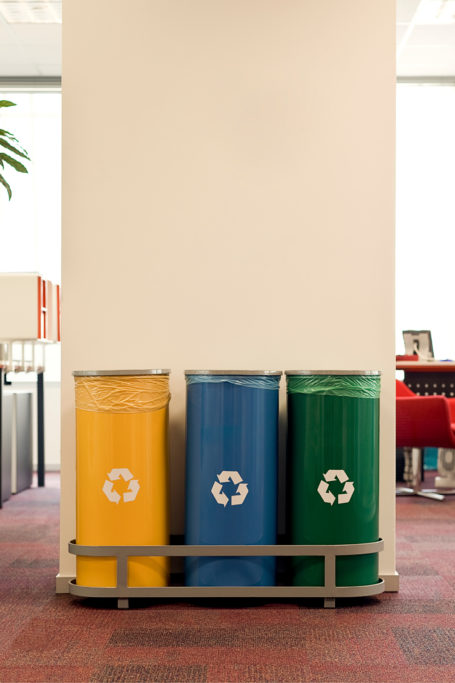Here’s Everything You Need to Disclose When Selling Your Home
There are many forms you’ll need to fill out when selling your home, and one of the most important is the disclosure statement. Most home buyers will have a home inspection done. However, the disclosure statement provides information beyond an inspector’s findings.
No matter how long you’ve lived in your home, you have insight of your property’s condition that no one else has. You must share that information with the potential buyer, according to state and federal regulations.

What is a disclosure statement?
This is a document that a seller of a home completes and provides to the buyer. Most states will have special forms you must fill out, sign, and date. Within the document, the seller produces a list of any material defects with the property. This can include anything broken, damaged, or that does not work. These material defects may impact the value of the property or may pose an unreasonable risk to people on the property. If a seller fails to disclose or conceals a known defect, they can risk a lawsuit for damages.
What should you include in the disclosure statement?
The information you need to provide in the disclosure statement can vary from state to state. Always speak to your agent or an attorney about what you must list before starting your disclosure statement.
Below are some of the most common disclosures.
Lead paint
Homes constructed before 1978 must include information about lead paint in disclosure statements. This is a federal law that applies to every state. Even if, to your knowledge, the paint is no longer in the home, you must still include this information. If you are unaware of any lead paint in the home, you are not required to investigate it further.

Repairs
If you made any repairs to the home, you may need to disclose them. You should also include any repairs that previous owners made that you know of. A history of the repairs gives a buyer peace of mind and allows their home inspector to pay attention to potential problem areas. If there are any repairs needed or ongoing problems with mechanical elements of the home, it can be important to include them as well.
Water damage
Water can be incredibly damaging to a home. It can undermine a house’s structure and cause mold growth. You should disclose any past or present leaks or water damage. Additionally, if your basement floods, that is an item that will need to appear on a disclosure statement.
Hazards
If the home is in an area prone to floods, earthquakes, wildfires, or any other natural disasters, you should inform the potential buyer so they can be prepared with the proper insurance or other plans. Also, you need to make potential buyers aware of the presence of any toxic material such as asbestos, radon, or mold located within the property.
Death in the home
Some people feel uneasy about living in a home in which someone has died, and this may need to be on your disclosure form. Some states require you to include if someone died of natural causes in the home, while other states require any deaths defined as “emotional defects” to be disclosed.
Pests
Most states require home sellers to disclose any type of pest infestation, which could include termites, mice, bats, bedbugs, or snakes. Termites can be particularly damaging to a home—if you have treated your home for termite damage, this should go in the disclosure. Make sure to include receipts!
Neighborhood issues
If there have been any disputes with neighbors in the past over anything ranging from property boundaries to pruning trees, it can be important to include this information in a disclosure statement. You may also need to disclose any issues with loud noises, bad smells, or other nuisances, whether they be from residential neighbors or commercial or industrial properties nearby.
If the home is in a neighborhood with a homeowners’ association (HOA), this will also need to be in the disclosure statement. HOAs typically require monthly fees from homeowners and impose rules that some buyers may not agree with.
By filling out your disclosure report precisely, you can give the next owner a good start with your former home.































